WORKSHOPS
Learn How to Take Control of Your Camera and Your Creativity
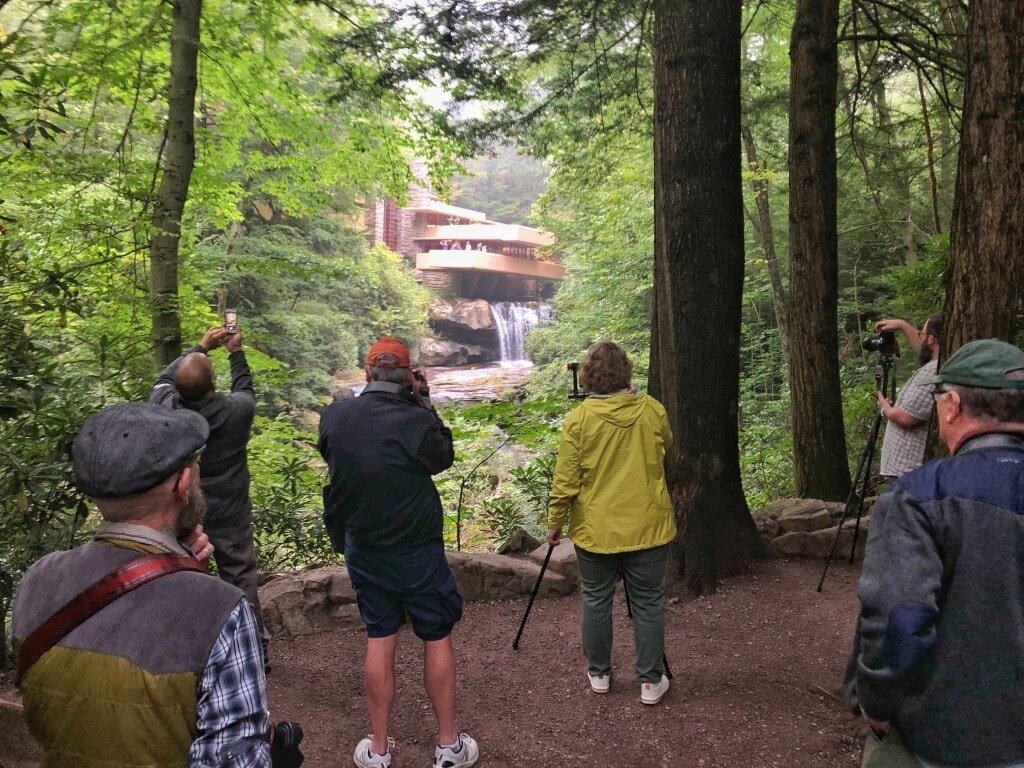
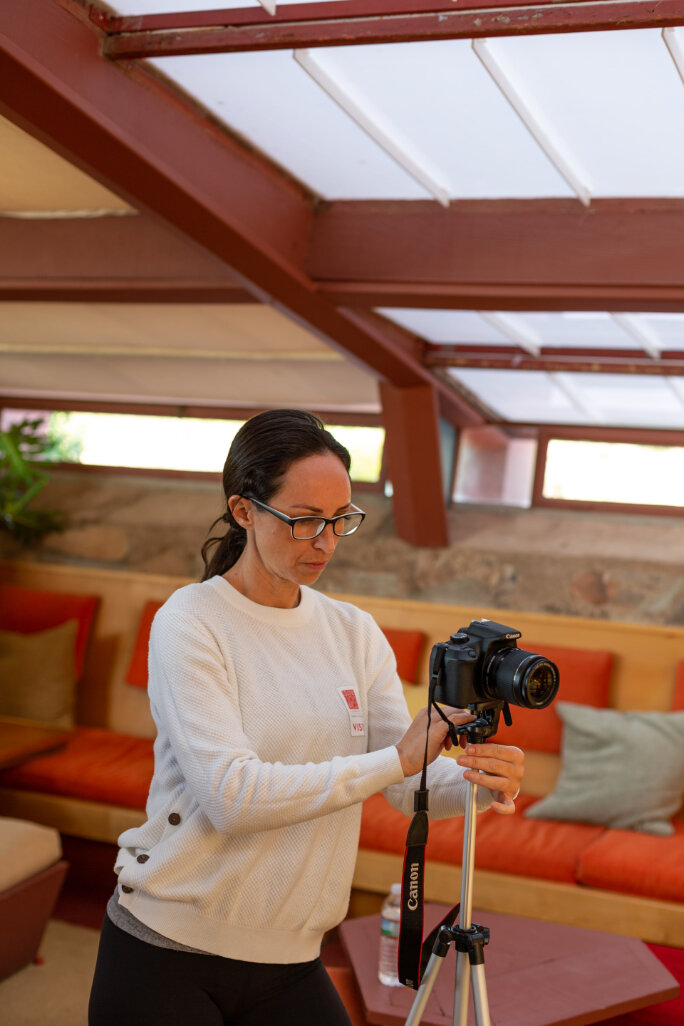
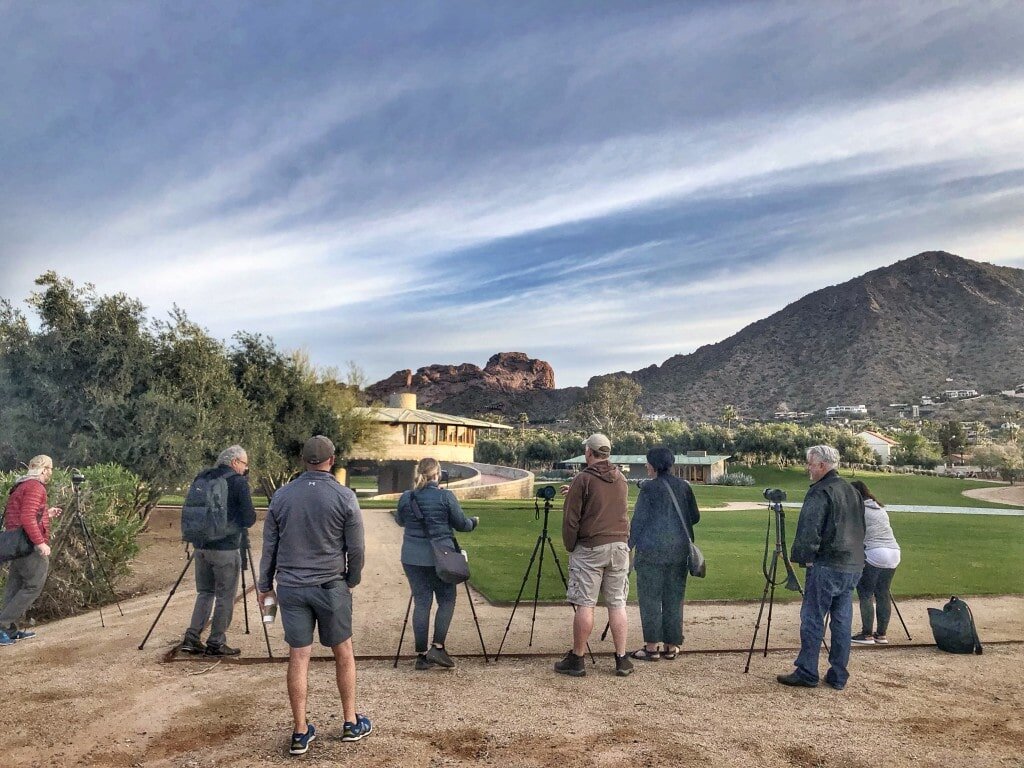
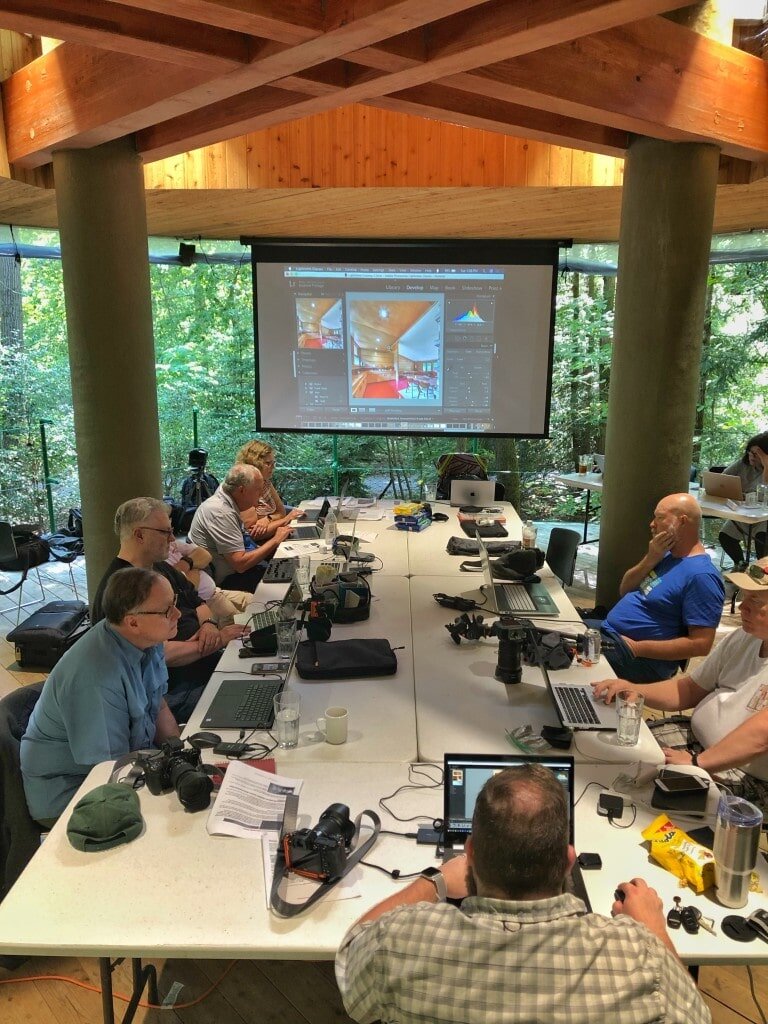
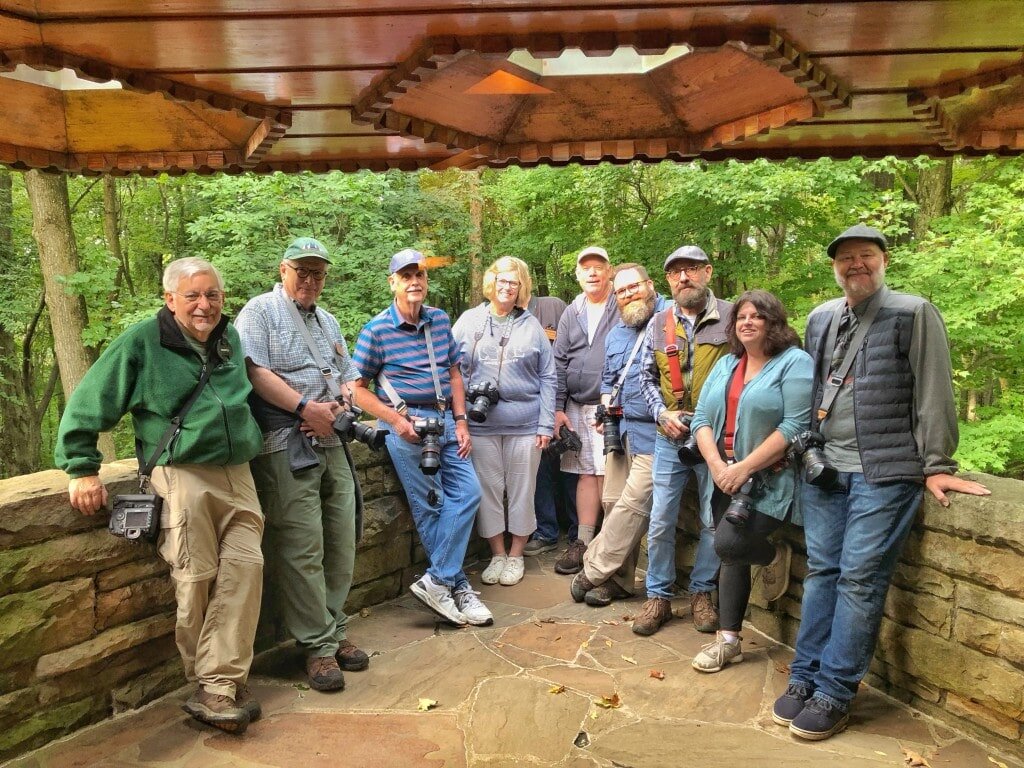
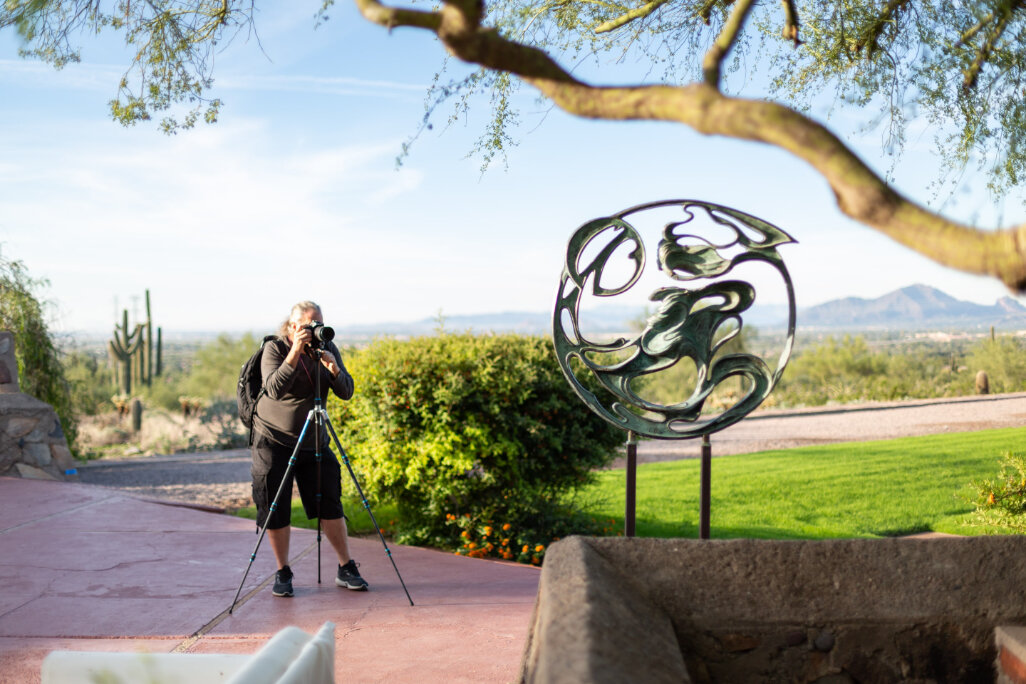
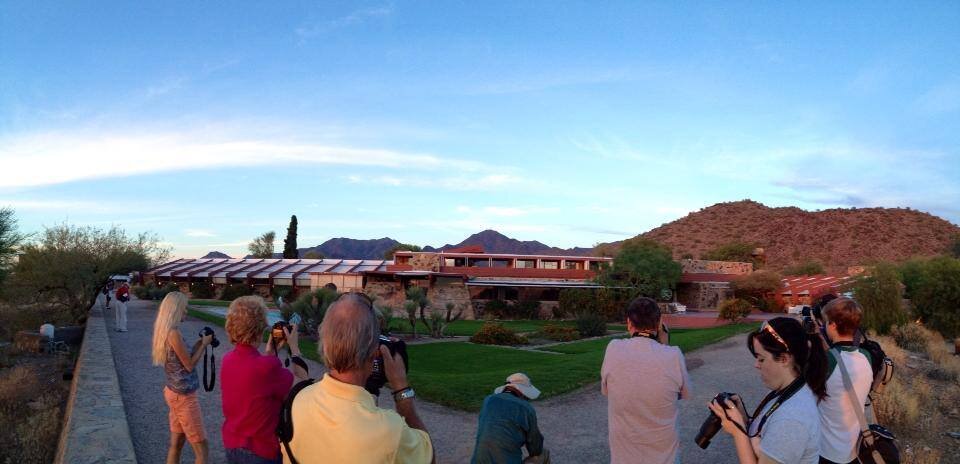

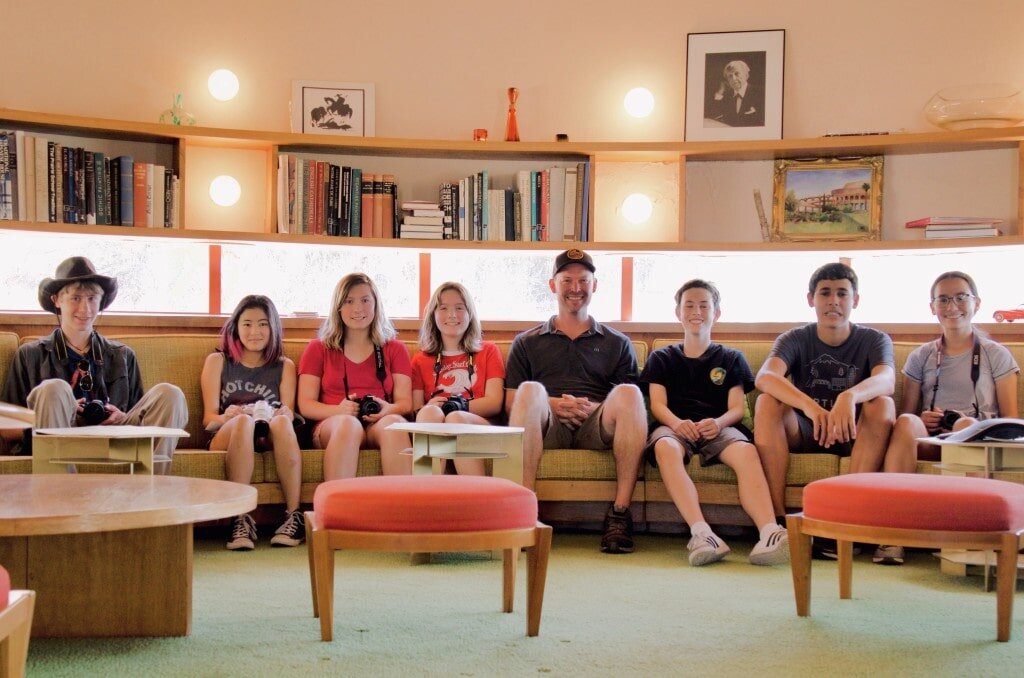
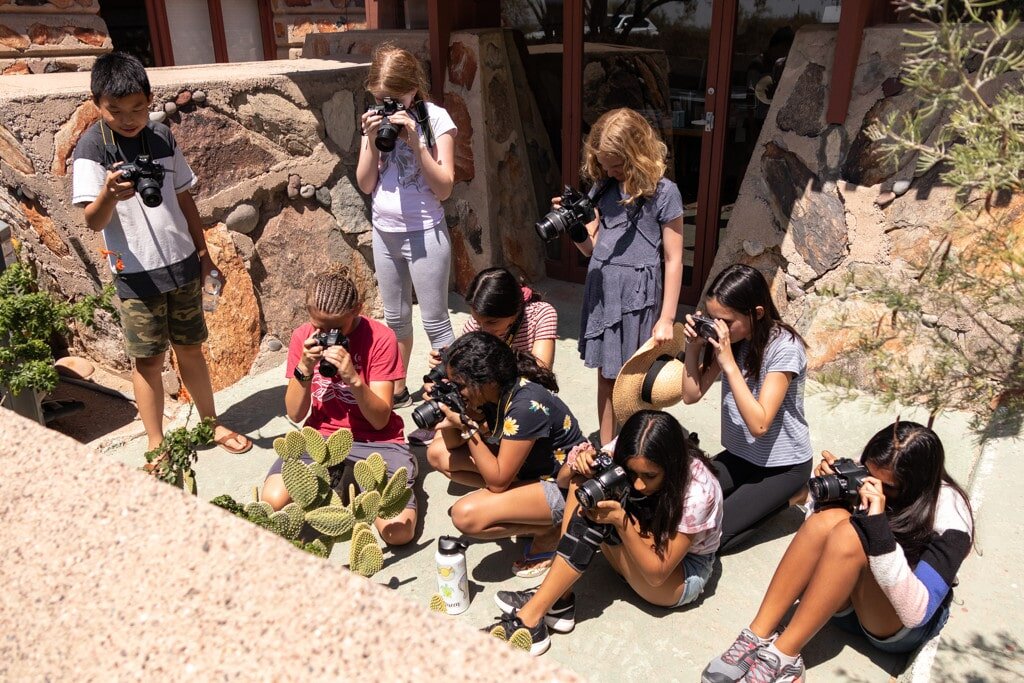

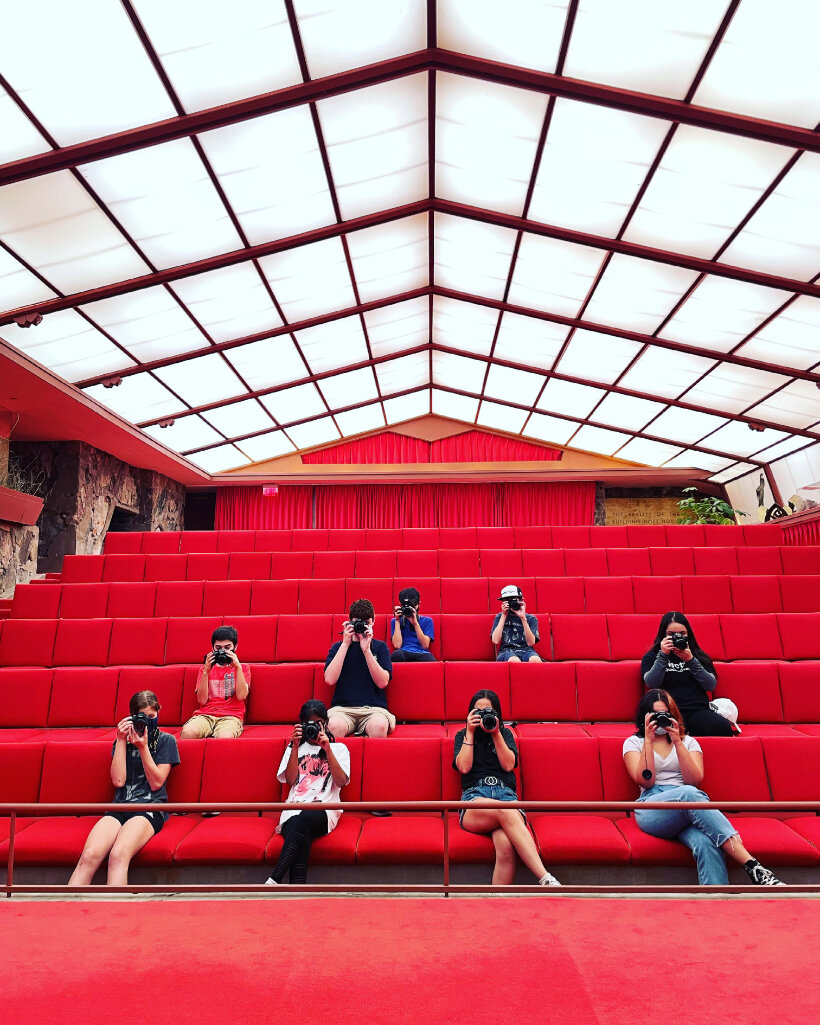

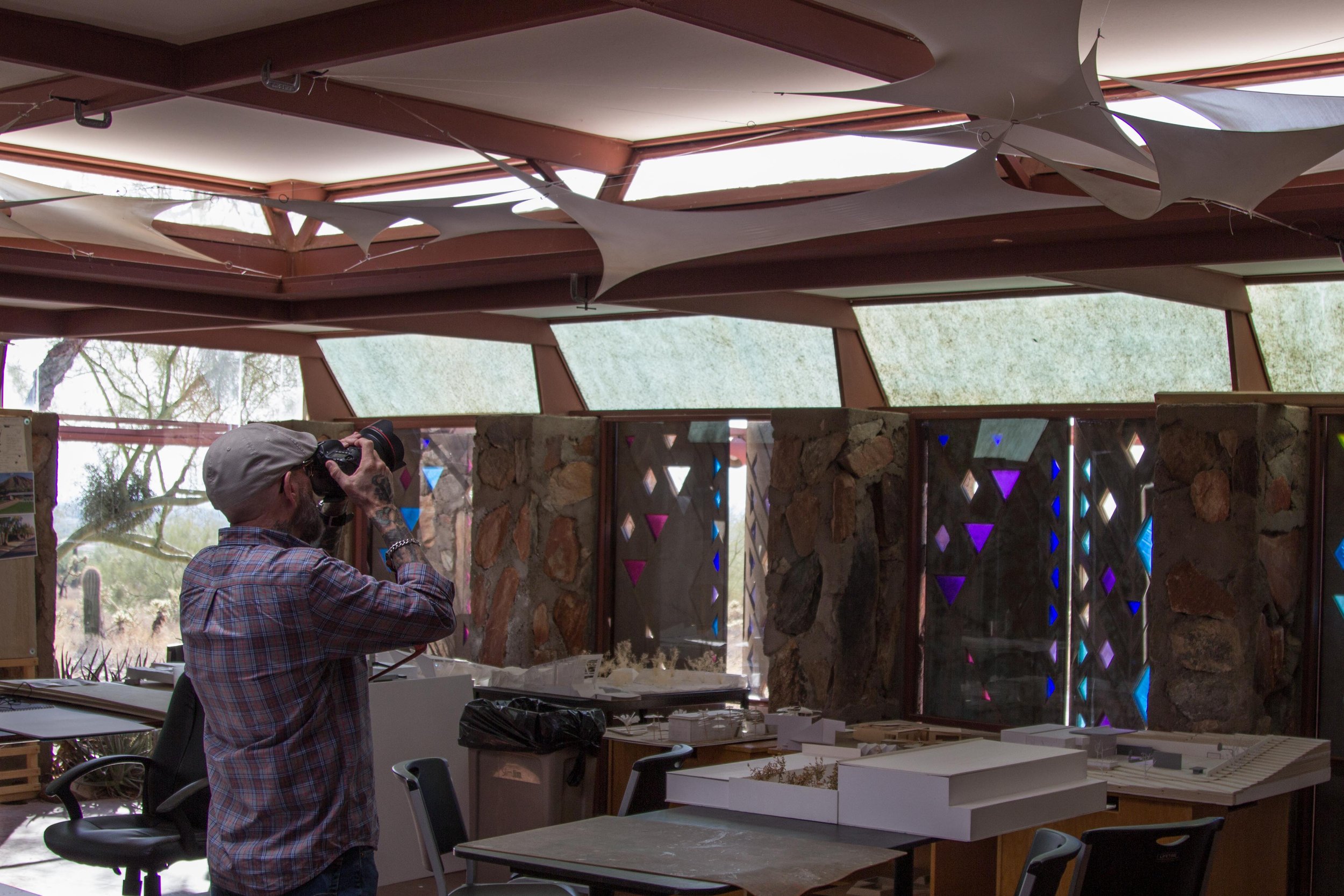
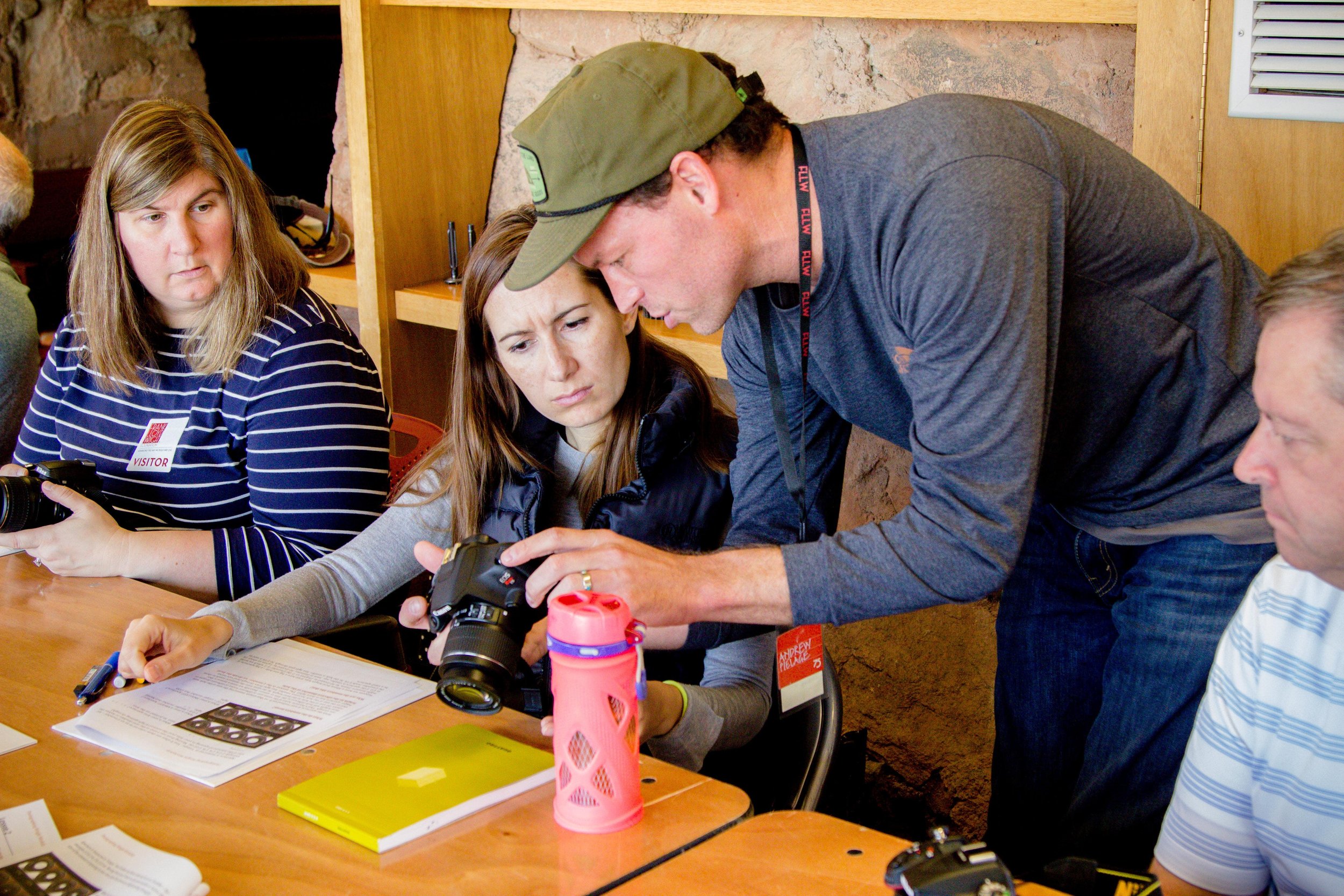
Architectural and Landscape Photography Workshops
UPCOMING WORKSHOPS
Two Sets of Skills Are Needed to Become a Proficient Photographer
Skill One: Camera Side
The camera side of photography is step one in your creative journey, and it is covered extensively in the Beginner Workshops. The camera is just a computer; you tell it what to do, and it responds. However, telling it what to do and how can be frustrating. The very first lesson covers what all those buttons, levers, menus, and compartments on your camera and lens are. I start by showing how to turn on the camera. Learning the ins and outs of the camera’s menus and buttons is the first and most important step on your creative journey to take control of your camera and is the foundation for learning the next steps of the beginner level - shutter speed, aperture and ISO.
Skill Two: Creative Side
The creative side of photography is what we learn and practice in the Intermediate and Advanced Workshops. With a comfortable knowledge of Shutter Speed, Aperture, and ISO, I will show you how to take your photography to the next level. The creative side is much harder than the camera side and is best learned through repetition and feedback. The more practice shooting, making mistakes, and learning from them the better. The creative side is taught not just though taking photos though. A key part of the process is taught through scouting and learning how to read the light and site, advanced composition, editing in Adobe Lightroom Classic, and ending in an image critique session.
Choosing the Right Workshop
Photography Workshops for All Skill Levels
Beginner
The camera side of photography is step number one in your creative journey, and it is covered extensively in the Beginner Workshops. The camera is just a computer; tell it what to do and it responds. Telling it what to do and how to do it can be frustrating. The first lesson covers what all those buttons, levers, menus, and compartments on the outside of both your camera and lens are. We start by turning on the camera. Learning the ins and outs of the camera’s menus and buttons is the first and most important step on your creative journey to take control of your camera, and it is the foundation for learning the next steps of the beginner level - shutter speed, aperture and ISO. READ MORE
Intermediate
Knowledge of ISO, shutter speed, and aperture required.
The creative side of photography is what we learn and practice in the Intermediate and Advanced Workshops. With a comfortable knowledge of shutter speed, aperture and iso, we are looking to take your photography to the next level. The creative side is much harder than the camera side and is best learned through repetition and feedback. The more practice shooting, making mistakes, and learning from them the better. The creative side is taught not just though taking photos though. A big part of this process, included in the intermediate workshop, is learning how to scout, how to read the light and site, advanced composition, editing in Adobe Lightroom Classic, and exchanging feedback in an image critique session. READ MORE
Advanced
Knowledge of ISO, shutter speed, and aperture required.
Like the Intermediate workshops, practice makes perfect, and that plays a larger role in the Advanced workshops. We explore multiple sites in different lighting situations in this workshop. Each site is pre-scouted, and specific compositions are discussed before you explore using your own creative direction. One-on-one discussions and shooting with the instructor are provided at each site. Guided editing time in Adobe Lightroom Classic follows, allowing students to hone in on specific challenges revealed by your images. The two most important aspects of the Advanced workshop are providing you ample practice time with your camera and subject and more in-depth critique sessions then the Intermediate workshop. READ MORE
Youth / Kids Workshops
Students learn the tools needed to best utilize a fully manual camera including aperture, shutter speed, and ISO, while applying creative approaches to composition, image framing, and the challenges of light and shadow. Students must provide their own fully manual camera and corresponding USB cable. It is highly encouraged that students provide their own laptop for editing photographs.
What People Are Saying…
"I could point a camera and push a shutter button, and with a little prayer, sometimes I got a decent image - but had no idea why. When I decided I needed to understand photography in a detailed way, Andrew Pielage was the perfect answer. I have attended Andrew's workshops (all at amazing architectural masterpieces, btw) for the last few years, and as my skills have grown, so did the the approach Andrew took with me as a student. He is at ease with a beginning student as an advanced professional photographer - and both can learn from his skills and experience. With Andrew's help, I've gone from "point and pray" to shooting professional-level shots like the attached image of Taliesin, Frank Lloyd Wright's summer home - and one of Andrew's class sites. I cannot recommend Andrew as an instructor or his workshops as a teaching experience highly enough."
— Stan
"I have attended Andrews beginners, as well as the intermediate photography workshops at Taliesin West (Scottsdale). Not only are these workshops extremely well prepared and executed, Andrew is a master in paying attention to every students needs, so that everyone can accomplish what they set out to learn. Andrew researches and pre-scouts locations to provide the best lighting experience possible and negotiates access to locations that are normally inaccessible to be photographed. One of the biggest benefits for me personally however was the camaraderie of the students during the courses and beyond. Most of us are still connected and exchange our photographic journey on an ongoing basis."

